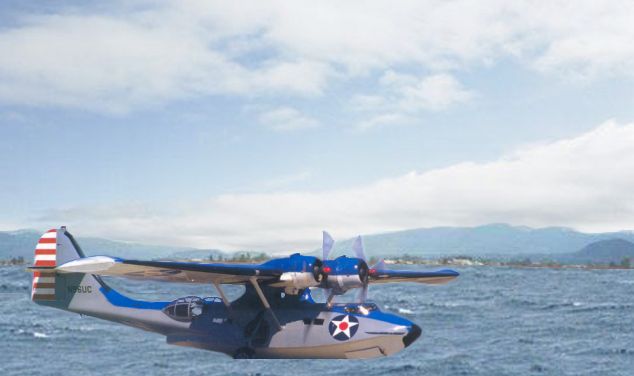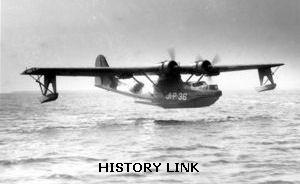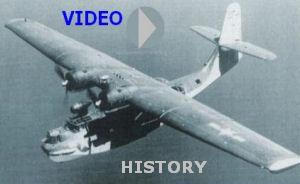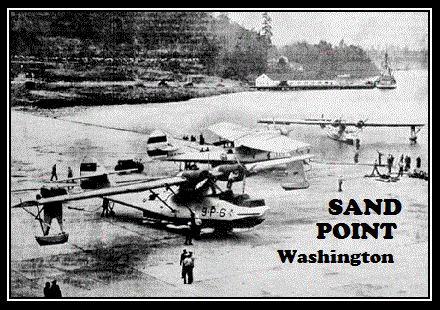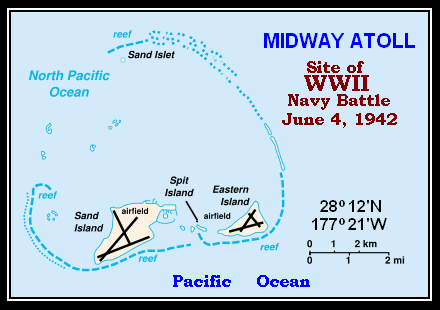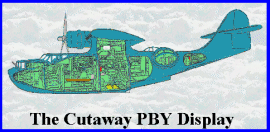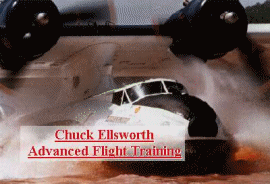Oak
Harbor Naval Seaplane Base, Oak Harbor, WA
48.29 North / 122.63 West
(Northwest of Seattle, WA
Squadrons
of PBY Catalinas flew from the Seaplane Base to Dutch Harbor, Cold Bay,
Umnak, Nazan Bay, Adak, Amchitka, Shemya and Attu.
Like big
flying boats, PBY patrol bombers took off with a churning of water and
a roar of engines for their practice runs in Saratoga Passage, then
returned, skimming the hill above the hangar and settling into the bay
to repeat the maneuver.
Residents
of Oak Harbor soon became accustomed to the circling bombers training
for the real thing in the Aleutian Islands. And with the attack by the
Japanese there, a very real concern gripped Alaska and the Pacific
Northwest.
Bob
Walker first set foot on Whidbey Island in 1944 to attend aerial
gunnery school, followed by a tour with training squadron VPB-61 at the
Seaplane Base.
He
described his job as sitting in the PBY-5A aircraft's "tower," which
was the heart of the plane. "That's where the engines were started and
things like the fuel system, wingtip floats and slats were monitored.
The PBY took off at 75, climbed at 75 and flew at 75. It was low and
slow."
Wartime
training continued at a furious tempo. Patrol planes flew long-range
navigation training missions over the North Pacific. Fighters and
bombers made bombing, rocket and machine gun attacks on targets in the
Strait of Juan de Fuca. Recruits, petty officers and officers went to
training schools.
Torpedo
overhaul equipment was transferred here unexpectedly in 1942 from
Indian Island, Wash. At the start, the torpedo shop refurbished six
torpedoes per day. By January 1945, production had increased to 25 per
day.
At the
Seaplane Base, several PBM seaplanes were aboard in the summer of 1944,
and a few B-26s arrived early that year to be used in towing targets.


